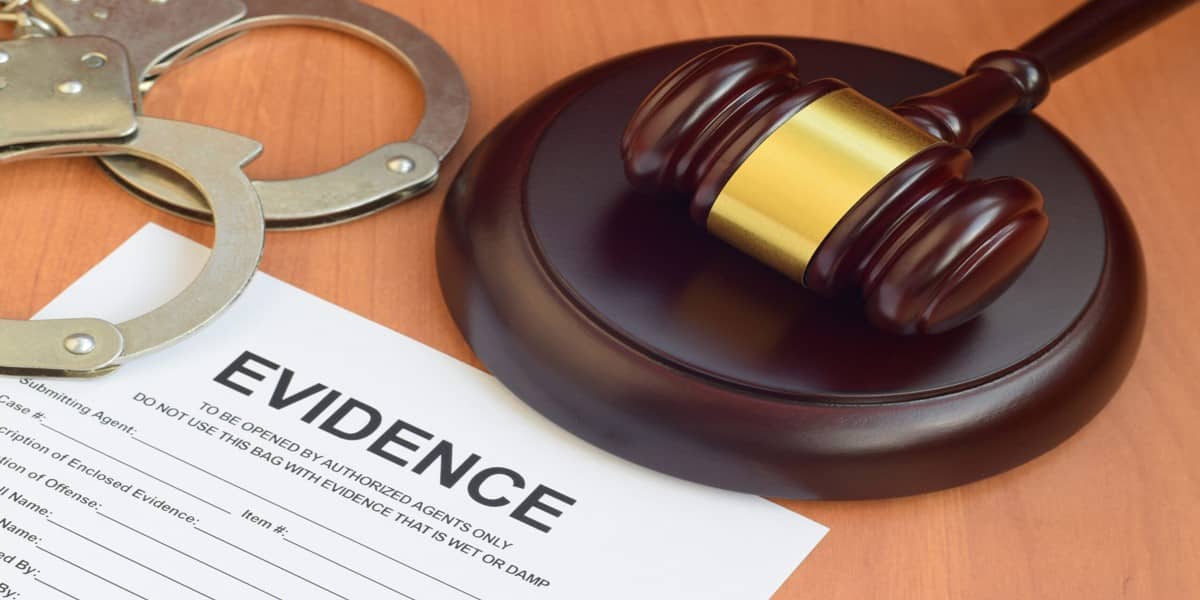Indian Evidence Act
Doodlebrary
- The Indian Evidence Act is a piece of legislation in India that deals with the rules and regulations governing the admissibility of evidence in Indian courts.
- It was enacted in 1872 during the British colonial period and has undergone several amendments over the years to adapt to changing legal requirements and societal developments.
- The Indian Evidence Act contains provisions regarding:
- Relevancy of facts: It defines what evidence is relevant and what is not. It outlines various rules for determining the admissibility of evidence.
- Oral and documentary evidence: The Act distinguishes between oral evidence (testimony given by witnesses) and documentary evidence (written or printed documents).
- Witnesses: It provides rules for the examination and cross-examination of witnesses, as well as their credibility and competency.
- Privileged communication: The Act covers certain types of communication that are considered privileged and, therefore, not subject to disclosure in court.
- Public documents and presumptions: It discusses the admissibility and presumptions related to public documents.
- Expert evidence: The Act allows for expert witnesses to provide their opinions on matters that require specialized knowledge.
- Burden of proof: It defines which party has the responsibility of proving a fact in court, depending on the nature of the case.
- Estoppel: The Act contains provisions related to estoppel, which means that a person is precluded from denying certain facts due to their previous statements or actions.
- Confessions: The Act deals with the admissibility of confessions made by the accused.
- Hearsay evidence: It addresses the admissibility of hearsay evidence, which is an out-of-court statement offered to prove the truth of the matter asserted.
- Character evidence: The Act regulates the use of evidence related to a person’s character.
- The Indian Evidence Act is a crucial piece of legislation for the Indian legal system, as it sets the standards and procedures for presenting evidence in Indian courts, ensuring fair and just trials.
- It has been amended several times to keep pace with changing legal and societal dynamics.
- Lawyers, judges, and legal professionals refer to this act when dealing with issues of evidence and its admissibility in court proceedings.
